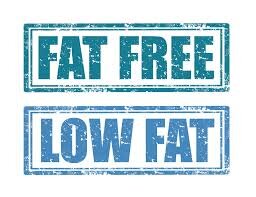“The washer plate of the Nespresso® compatible coffee machine had a reading of 4000 colony forming units (CFU)! Anything more than 75 CFU as stated in the official Health Act (Act 63, 1977) on Total Microbial Activity is unsatisfactory and any reading above 1000 CFU is unacceptable as it raises major health concerns. SWIFT states that it requires immediate attention. The washer plate was therefore nearly 54 times over the limit of the official Health Act recommendation. The Mould reading came to 10 CFU on the washer plate, which is not concerning, but it is still not nice to know that mould could end up in your coffee cup.”
However, simply cleaning your Nespresso machine with something as simple as vinegar 1-2 x weekly will solve this issue. Read the article here.
Read More












